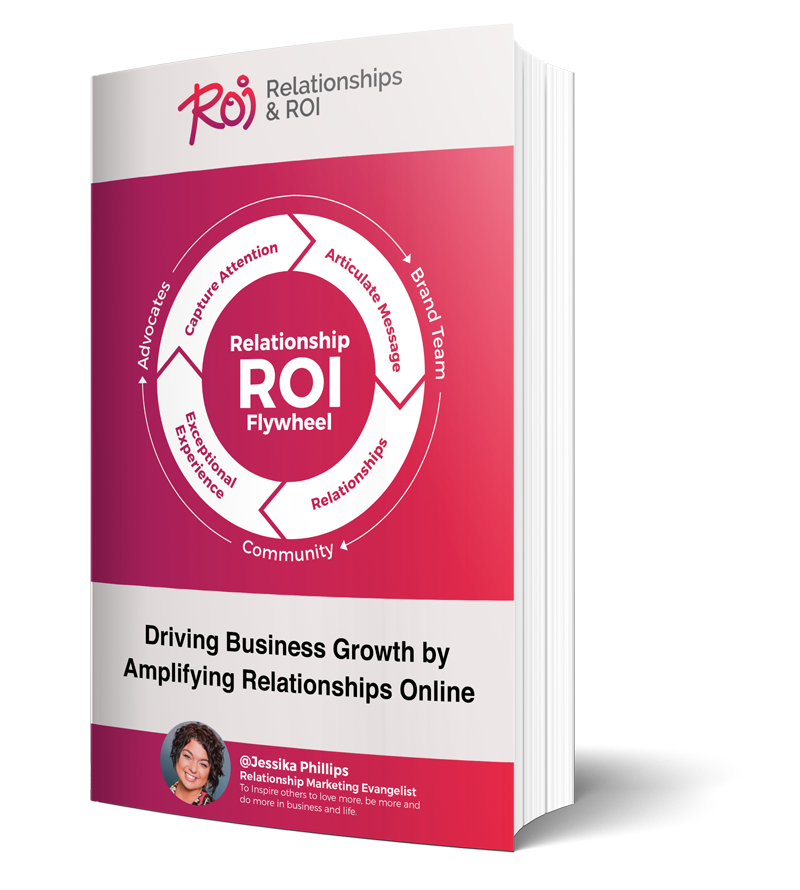Have you ever thought about writing your own book? Are you interested in publishing some of your work? It used to be incredibly challenging to get a book published. But now, thanks to the internet, it's a lot easier. Anyone can be an author today. It's only a matter of what you have to offer the world and how you decide to share it.
If your goal is to write a book for a small, dedicated audience, self-publishing is one of the best ways to see your work come to life. It allows you to bypass the hurdles of finding an agent, editor and coming up with the capital to make publishing a reality for you.
Why write a book?
If you're thinking about it but aren't decided on it yet, here are a couple of good reasons why writing a book can be a promising venture for you. One of the biggest reasons is viewership. Writing a book is yet another avenue through which you can reach people. Some people listen to podcasts, some people watch videos, and some people like to read books.
As Mike Gingerich shared in the #MagnetMarketers Training Tuesday live stream (watch it above), writing allows you to put your passion and ideas on paper and show the world what you're all about. As you share your knowledge, it in turn solidifies yourself as a person of authority within your industry and on the topic you choose. You have done the work to create a book. Through that journey, there is a level of expertise gained; You build a level of trust with your audience.
If you're interested in positioning yourself as a sought-after speaker, speaking presentations and books often go hand-in-hand. As a speaker, you only have a short window of time with the audience, and that's it. There is more you could deliver. A book offers something you can leave behind with them so they can continue to learn from you. You can expand on the things you've only touched on during presentations. A book gives you unlimited opportunity to talk to people. It's all about being one too many instead of one-to-one.
Books work to build trust because the audience:
- Hears about you
- Finds you online
- Listens to you
- Reads your book
Next time they're looking for someone with your skill sets, you'll come to mind.
What about an e-book versus a physical book?
Like many answers, it will depend. First, think about the topic. How timely is it? How fast will it go out of date? Will it need to be updated? How soon would that need to happen?
Another consideration is the audience. How would your audience prefer to read it? Are they interested in reading your book on their devices, or would they prefer a physical copy they could hold and potentially mark up?
From a branding and business opportunity standpoint, a physical book is helpful. If you are a speaker or have first-hand interaction with clients and customers, a physical copy is wonderful to have on hand. For conferences and presentations, you can sell or hand-out your books. At the end of meetings, it can be really handy to have copies to give away as a bonus.
How do you self-publish?
All right, you've written–or are starting to write–a book, but no publisher has come knocking on the door. No worries, that's not really necessary anymore. There are many tools online that help you publish your own book. A big name in the self-publishing arena is Amazon. Amazon Kindle Direct Publishing, of course, makes sure you are on Amazon, one of the largest booksellers out there.
When picking a publisher out, look for these things:
- What platforms will your book be on?
- What is the process like–how much do they help you?
- Do they help with the ISBN (International Standard Book Number) number?
- What are the fees or royalties they will take from you?
When it comes to the cover, you can either:
- Hire a designer
- Use a service like FiverrPro (but note you risk knowing that the work is unique and owned by you)
- Design it yourself with photoshop using a template with proper bleeds
The best thing to do it remember GETMO. Get whatever it is you're working on "good enough to move on." Don't strive for ultimate perfection; likely, you'll never get there. Just get it to a place where you can move onto the next thing.
Once you're ready and have the book written using a word processor like Google Docs, it's time to get it published. A tool like KDP will lead you through the process. They'll let you know what file types you'll need to convert your chapters into and explain how everything should be presented to them. Don't forget your table of contents! You'll need to choose what size book you'd like and have the cover designed, ready to go.
When it's all ready, you'll answer a whole bunch of questions on the site. Things like how much to sell it for, where you want it sold, will it be in bookstores, which ones you'd like to be in, and many more options to determine where you'd like distribution to go. All of those options have varying levels of royalties. With KDP, while the cost of publishing can be free initially, they will take a percentage of the revenue generated. Other publishers are different, and they may require an upfront fee.
Most of the work is getting the writing and formatting done. Once you get your book most of the way written, you can worry about the details. However, first, focus on the content within the book itself.
When you write everything from chapter one to the final chapter, then get it all formatted and laid out correctly, there is a massive feeling of accomplishment. You're a published author! And that's amazing. Sounds pretty good next to your other accolades, right?!
Do you have questions? Please feel free to shoot them to us. We'd love to cover your topic on an upcoming #MagnetMarketers Training Tuesday video. Thanks for reading!
Have you ever thought about writing a book? Have you written one and used a different process? Join in on the conversation happening online here.
Also, lastly, if you need help laying out a marketing strategy to promote your book online, let us help you. Let's chat and discuss ideas that have worked for clients just like you.




Comments